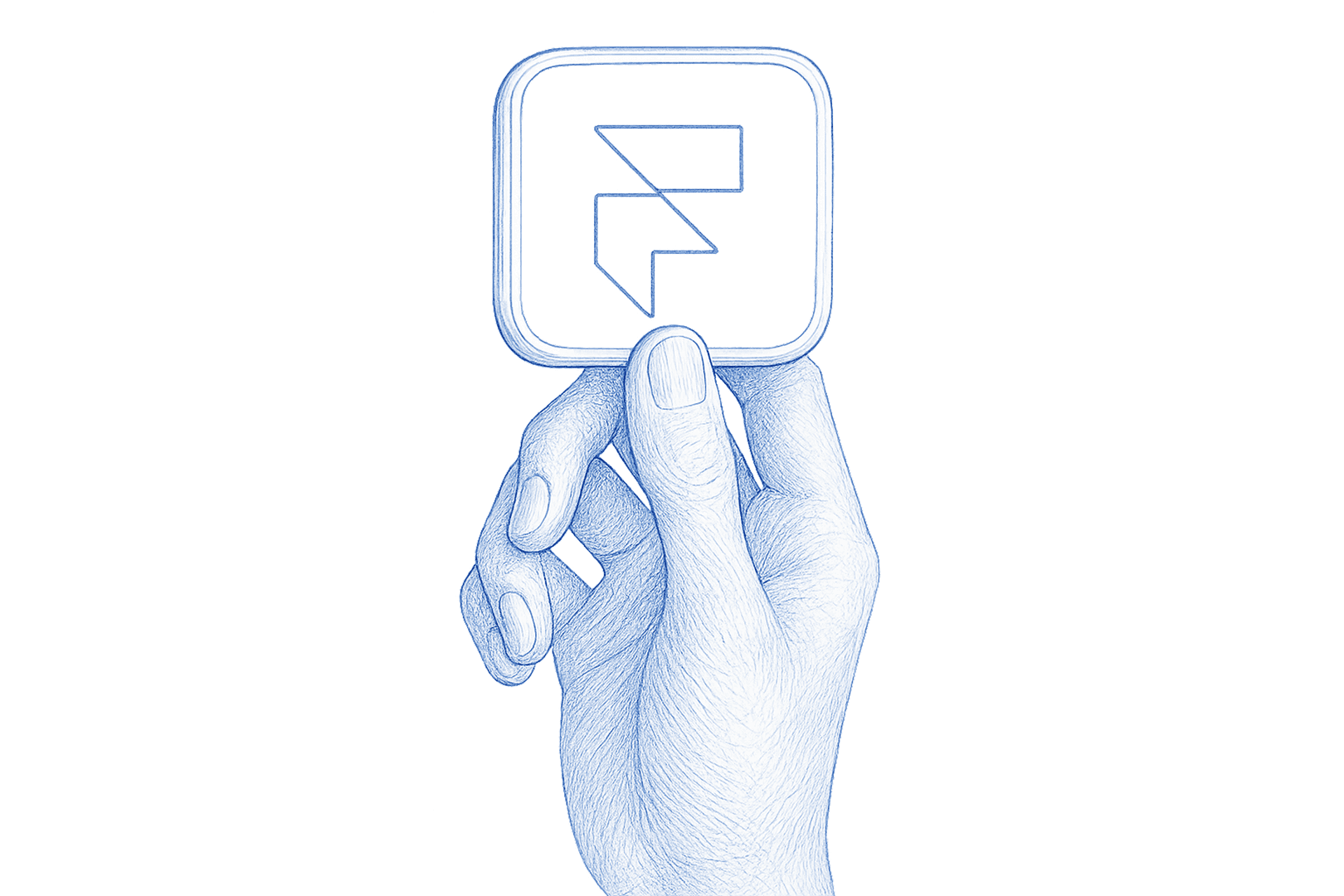Blog
09 Jul 2025 • applications
What to Do If You’re Not Given Enough Work in Your Internship
Feeling underutilized during your internship? Here’s how to stay productive and turn a slow internship into a strong career move.

Internships don’t always go as expected. You imagine yourself working on real projects, learning from mentors, and growing fast. But sometimes, you end up sitting at your desk, waiting for work that never comes.
This is more common than you think. Especially in large companies, interns sometimes get lost in the noise. The team is too busy, the onboarding is weak, or they just haven’t planned your role well.
But this doesn’t mean you have to waste your time. A slow internship can still help you build a strong profile and show initiative. You just need to be a little intentional about how you use your time.
Let’s look at what you can do if you’re not given enough work during your internship.
Talk to Your Manager Early
If it’s been a few days and you’ve barely done anything, bring it up. Don’t wait too long. That might be assumed as you're uninterested.
You can say something simple like,
“Hey, I’d love to take on more work and contribute. Is there anything on your plate I could help with?”
Managers are not always aware of how much (or how little) you’re doing. Sometimes a quick nudge is enough.
If your manager seems busy or unsure, ask if you can talk to someone else on the team. The goal is to show that you're eager to learn and not just there to coast.
Don’t Just Wait. Start Exploring.
If no one gives you work, go find it.
Look around the company tools. Browse the documentation. Join meetings. Read past project reports. Ask questions like:
What projects are currently happening?
What are the biggest problems the team is trying to solve?
Are there any internal tools or workflows that could be improved?
This kind of curiosity stands out. Even if you don’t get a green light right away, it shows initiative. That’s a quality every hiring manager looks for in an intern.
Create a Self-Initiated Project
If you're still not assigned anything, build something on your own.
Let’s say you’re a design intern. You could redesign part of the onboarding flow. If you're an engineering intern, you could build an internal tool to automate a boring task. If you’re in marketing, you could create a content strategy for one of the lesser-known products.
Document your thinking, show your work, and ask for feedback. This can become a great portfolio piece and a strong bullet point on your student resume.
Even better if it’s something that the team ends up using. I strongly feel you might get a full-time role in future!
Learn by Shadowing
Find someone on the team who’s working on something interesting. Ask if you can shadow them for a bit. Watch how they write specs, design solutions, talk to users, or debug issues. You’ll pick up real-world skills even if you’re not directly involved.
You can even ask to help with simple tasks. Writing notes, organizing files, cleaning up documentation. These small things add up and give you more context.
Document Everything You Learn
Even if you’re not doing big projects, you’re still learning. Keep a running log of what you’ve observed, read, or tried.
Write short summaries each week:
What you learned about the company or industry
What tools or workflows you saw in action
What questions you asked and what you learned from the answers
This shows self-awareness and reflection. When you update your resume, these reflections help you describe your internship experience better. It’s not just about what you did. It’s about how you grew.
Speaking of which, you should learn how to document your internship experience even if it wasn’t packed with tasks. That’s how you extract value from any experience, no matter how quiet it felt in the moment.
Ask for Feedback Anyway
Even if your contributions are small, ask for feedback. A simple question like “What could I do better?” can spark a good conversation.
It also tells your manager that you care about your performance, even if you weren’t given much to work with. They might give you more responsibility or recommend you for future opportunities.
Use the Free Time Wisely
If all else fails, treat the free time as a gift. Use it to invest in yourself.
Learn the tools your team uses.
Take a course related to your role.
Build a personal project that aligns with the company’s work.
This shows resourcefulness. And on your student resume, you can say:
“Used free time during internship to self-learn tools and build independent projects in alignment with team goals.”
That’s way better than saying nothing happened. It also conveys that you're mindful about your free time.
End Strong with a Summary
Before your internship ends, write a short recap of your experience. Share it with your manager. Include:
What you worked on (even self-initiated stuff)
What you learned
What you wish you had done more of
How you plan to build on this experience
This wrap-up does two things. First, it gives your manager a positive final impression. Second, it helps you structure your learnings while they’re still fresh.
tl;dr
Don’t stay silent. Let your manager know you want more work.
Explore the company. Look for problems you can solve.
Start a side project related to your role.
Shadow teammates to learn passively.
Write down everything you’re learning.
Ask for feedback regularly.
Use free time to build skills or personal projects.
Wrap up with a thank-you and a recap.
If the internship was slow or underwhelming, that’s okay. You can’t always control what work you’re given. The goal is to show that you made the most of it anyway. You just have to take control of the narrative.
Related Articles
Framer Just Dropped a Student Discount
Framer offers a 100% student discount on its Basic plan. Get free AI tools, hosting, and templates. Learn how to apply.

Do’s and Don’ts for Your First In-Office Internship
From showing up on time to asking for feedback, here’s how to make your first offline internship count.

How to Document Your Internship Experience for Future Jobs
Simple tips to document your internship and build a strong resume and portfolio.

Subscribe to The Internshipp Newsletter
Expert advice, industry trends, insider tips along with best new internship posted on Peerlist—delivered straight to your inbox.